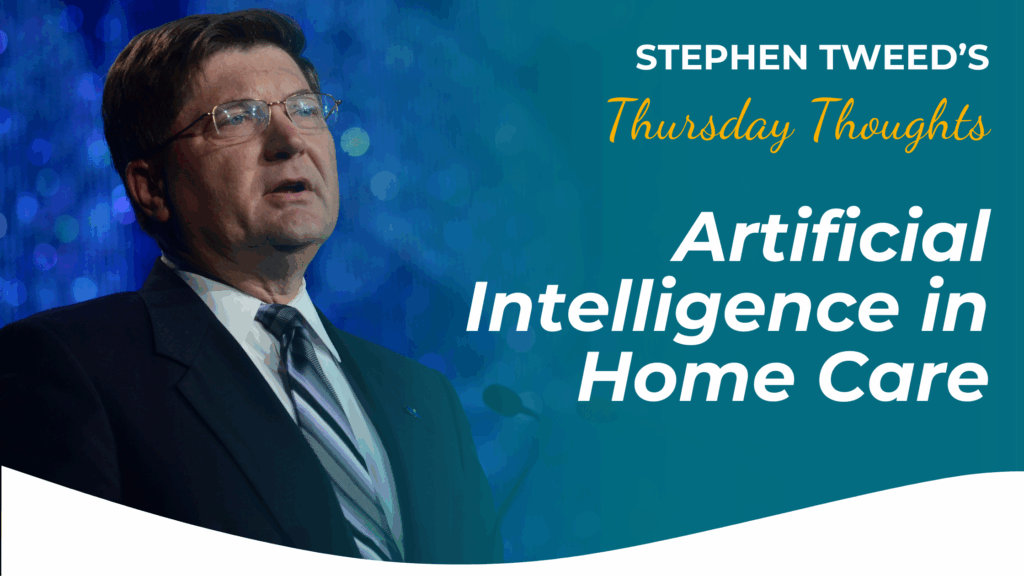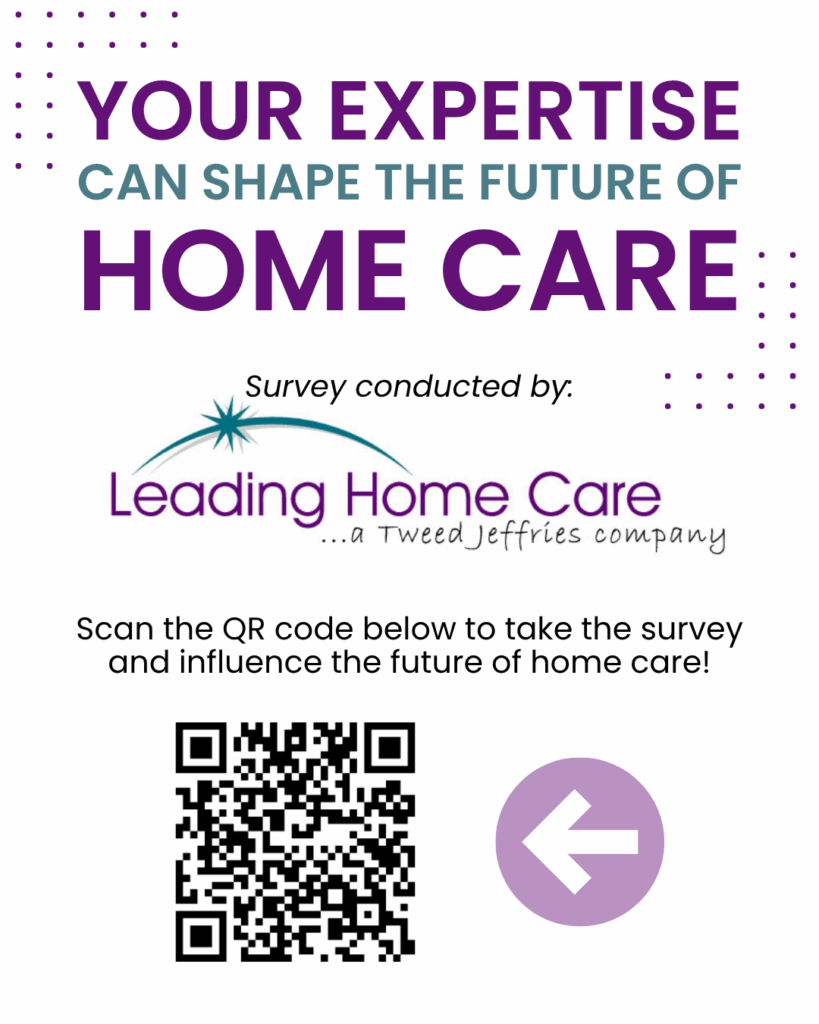By Stephen Tweed
 We get asked frequently in our Private Duty Academy workshops about giving gifts or referral fees to referral sources who send new clients to a home care company. As a private company providing home care on a private pay basis directly to consumers, you have some latitude in offering referral fees to individuals who may help you find new clients. Be sure to check your state’s anti-kickback laws.
We get asked frequently in our Private Duty Academy workshops about giving gifts or referral fees to referral sources who send new clients to a home care company. As a private company providing home care on a private pay basis directly to consumers, you have some latitude in offering referral fees to individuals who may help you find new clients. Be sure to check your state’s anti-kickback laws.
However, anyone who works for an organization that accepts money from Medicare, Medicaid, or Private Insurance is prohibited from accepting money or gifts in exchange for referrals by federal law. To get some clarification on this issue, we go to our friend and colleague, Elizabeth Hogue.
Dear friends,
The following article answers the question, “What can we accept from providers who want referrals?” Feel free to share this information. If you decide to use this material, please include our copyright designation that is shown at the end of the article and send us a copy of any publication in which the material appears.
Please do not hesitate to contact us with comments, questions, or requests for additional information.
Elizabeth
Elizabeth E. Hogue, Esq.
Office: (877) 871-4062
Fax: (877) 871-9739
Twitter: @HogueHomecare
ElizabethHogue@ElizabethHogue.net
What Can Discharge Planners/Case Managers Accept from Providers Who Want Referrals?
Discharge planners, case managers, and social workers certainly cannot accept cash payments from providers in exchange for referrals of patients. But what can they accept from providers who want referrals? What about non-cash items that have a relatively low value? What about acceptance of referrals to provide services in the evenings and on weekends on behalf of providers who receive referrals from discharge planners/case managers?
The key area that must be considered to answer these questions involves a federal statute that prohibits illegal remuneration or kickbacks in the Medicare and Medicaid and other federal and state health care programs. This federal statute makes it a crime for providers to offer to give or actually give anything to anyone in order to induce referrals.
Providers who are not Medicare-certified or do not participate in the Medicare program, such as so-called “private” providers, may be tempted to ignore this statute. Providers must remember that the fraud and abuse prohibitions also apply to companies that participate in Medicaid programs, including Medicaid waiver programs, as well as other federal and state health care programs, such as Tri-Care.
In addition, even if providers who want referrals do not accept payments from any federal or state health care programs, the case managers, discharge planners, and social workers who make referrals often work for organizations that do. They must comply, therefore, with fraud and abuse prohibitions and providers of all types should assist them to do so.
Case managers and providers who violate this federal statute may be guilty of criminal conduct and may go to jail or be forced to pay large amounts of money in the form of fines or civil monetary penalties. They may also be excluded from participation in the Medicare/ Medicaid and other state and federal health care programs. Licensed case managers also face loss of licensure.
The Office of the Inspector General (OIG) of the U.S. Department of Health and Human Services, the primary enforcer of fraud and abuse prohibitions, has stated that regulations will be published that will help to define what items of nonmonetary value may be accepted from providers who receive referrals.
Until specific guidance on these issues is provided by the OIG, providers and case managers may be wise to apply final regulations under the Stark laws, even though the Stark laws technically apply only to physicians.
Specifically, the Stark regulations indicate that free items of low monetary value are unlikely to cause overutilization, if provided within reasonable limits. The regulations further state that as long as all of the following criteria are met, such non-monetary compensation will not violate the Stark laws:
- The annual aggregate value of nonmonetary gifts does not exceed $392.00 for 2015.
- Providers that give nonmonetary compensation must make it available to those similarly situated, regardless of whether they refer patients to the provider for services.
- The compensation is not determined in any way that takes into account the volume or value of referrals to the provider.
At least in theory, providers and case managers could comply with the requirements of the Stark laws regarding non-monetary compensation to physicians, but still violate the kickback statute described above.
It seems unlikely, however, that the OIG will conclude that case managers received kickbacks and rebates if the requirements of the Stark regulations described above are met. In other words, compliance with the requirements of the final Stark regulations may provide protection to case managers and providers with regard to non-monetary compensation received from providers by case managers, even though they may not technically apply.
Providers and case managers should, of course, monitor developments regarding this issue. The temptations are many, but there is a great deal to be lost!



